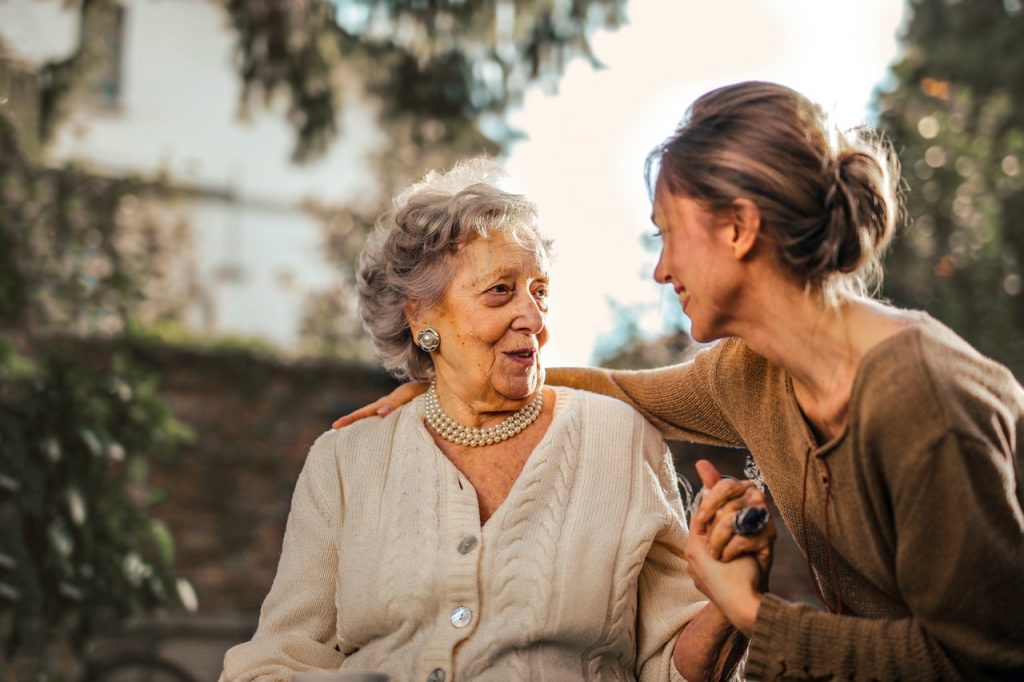By Dr. Robbie Lloyd
Failures by governments, non-government organisations and private sector providers in the aged care, disability support, and broad mental health sectors have left many “consumers & carers” feeling lost & hopeless. No wonder we have had three recent royal commissions into these sectors – ageing, disability & mental health. Bureaucratic doublespeak, opaque “policies & programs,” and the never-ending mantra of “just go on-line, it’s all spelt out for you there,” have combined to make people feel powerless about how to help those in need.
The core problem is privatized care. “Individual units of care” are the way funding is currently provided, so people fight over who gets to deliver those units of care. Whether it’s For Profit Private Providers or NGOs who now call themselves “Profit for a Purpose,” they are all looking to cream off a slice of the funding that is meant to be designed to deliver care the person on the receiving end. Oh, and child care is now funded exactly the same way. It is sadly a repeated pattern in today’s neoliberal dominated economy. Someone has to make a profit out of care that should be for the common good.
Meanwhile, across the globe The Recovery College model of Co-Design & Co-Delivery, by People with Lived Experience working as equals alongside Clinicians & Adult Educators, has been changing lives by the hundreds of thousands. This can also work in the same way for people in the Return To Work (RTW) cycle of inadequate help recovering from workplace injuries in the workers compensation process, as well as for war veterans with PTSD after returning home.
And it can work equally well for ageing citizens & their carers, who get sick of being shuffled away from the hospital and other clinical allied health zones, with a permanent patronised feeling of no longer being a person, but just “a case” or “a diagnosis.” The medical, clinical model is good for emergencies, but it does not have a great track record in helping people to redefine their lives after serious injuries, or when living with chronic illnesses.
At the same time, people with mental health challenges, or addictive behaviours, can often feel stigmatized when they are lumped under the “Recovery” word, when they would prefer to think of their next steps in life being about “Discovery” of their new potential choices. So The Discovery College is also a growing theme in health and wellbeing considerations.
Adult Community Education (ACE) carries the lion’s share of community-based work in helping people to discover new paths in life, after they have experienced life-changing health challenges. Whether we’re looking at Community Colleges, Men’s & Women’s Sheds, Libraries Information & Neighbourhood Centres, these are all ACE providers. They currently do not receive ANY funds that are identfied as Community Health & Wellbeing, but they should be being funded massively and saving a mottsa from the clinical health budget.
Catholic parishes could be a part of the solution here, if they became strong voices for change. To reinvest in the common good, not always make everything about profit for the middle person. With many Catholic agencies tied into this model, ever since John Howard privatized welfare in his term in government, there is a conflict of interest that needs to be examined if things are going to be balanced out in favour of the people at the end of the chain – the “consumers,” “customers,” call us what you will.

